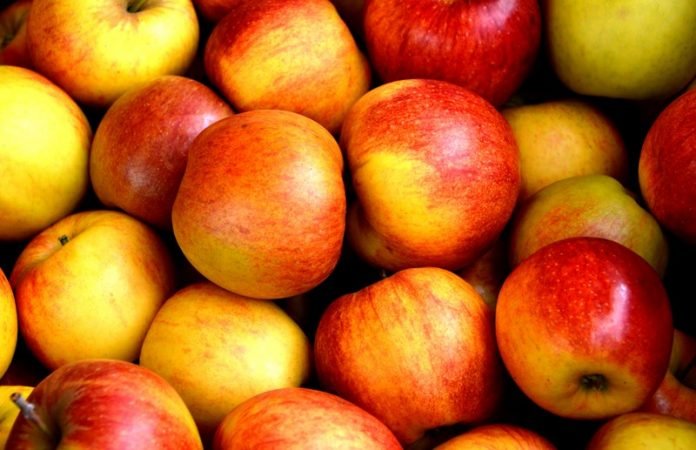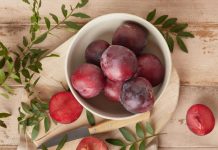
In a new study, researchers found eating flavonoid-rich items such as apples and tea protects against cancer and heart disease.
The health benefits are especially strong for smokers and heavy drinkers.
The research was conducted by a team from Edith Cowan University (ECU).
The team analyzed data from the Danish Diet, Cancer and Health cohort that assessed the diets of 53,048 Danes over 23 years.
They found that people who frequently eat moderate to high amounts of foods rich in flavonoids, compounds found in plant-based foods and drinks, were less likely to die from cancer or heart disease.
Participants eating about 500mg of total flavonoids each day had the lowest risk of cancer or heart disease-related death.
While the study found a lower risk of death in those who ate flavonoid-rich foods, the protective effect was strongest for those at high risk of chronic diseases due to cigarette smoking and those who drank a lot of alcohol (more than two standard alcoholic drinks a day).
The findings highlight the potential to prevent cancer and heart disease by encouraging the eating of flavonoid-rich foods, particularly in people at high risk of these chronic diseases.
The team says it’s also important to note that flavonoid consumption does not counteract all of the increased risks of death caused by smoking and high alcohol consumption.
By far the best thing to do for health is to quit smoking and cut down on alcohol.
These kinds of lifestyle changes can be very challenging, so encouraging flavonoid consumption might be a novel way to alleviate the increased risk, while also encouraging people to quit smoking and reduce their alcohol intake.
The team also says it’s important to consume a variety of different flavonoid compounds found in different plant-based food and drink.
This is easily achievable through the diet: one cup of tea, one apple, one orange, 100g of blueberries, and 100g of broccoli would provide a wide range of flavonoid compounds and over 500mg of total flavonoids.
The next step for the research was to look more closely at which types of heart disease cancers were most protected by flavonoids.
The lead author of the study is Dr. Nicola Bondonno.
The study is published in Nature Communications.
Copyright © 2019 Knowridge Science Report. All rights reserved.



